What our energy past and present can tell us about our energy future, and the role renewables will have to play in that future. Here’s a hint: a big one.
The Story Thus Far
It began with agriculture. The Neolithic Revolution ushered in the first flowering of human civilization, the beginnings of cities, towns, writing, labor specialization, and collective culture. Great advances were driven by the power of pack animals and built upon the backs of other human beings in the form of slavery. But the ultimate potential of collectivized human and animal energy has a limit. Animals can only pull so much weight, and enslaved persons can only be made to do so much work. Although history is replete with examples of man-made wonders and engineering marvels such as the Great Pyramids of Giza, these ancient wonders are the exception rather than the norm. Flashes of human brilliance are few and far between. The pace of progress is measured by centuries, even millennia. In fact, the Great Pyramids would remain the tallest man-made structures in the world for almost the next four millennia.
However, almost serendipitously, mankind eventually stumbled upon perhaps the single greatest natural gift: fossil fuels. The invention of methodologies of extracting and exploiting fossil fuels ignited the Industrial Revolution, and set the very foundations upon which modern society rests. To understand just how remarkable today’s carbon fuels are, consider that a single gallon of gasoline contains within it the equivalent of 500 hours of hard human labor. The average American consumes well in excess of 8000 kilograms of oil equivilent, or 2520 gallons of carbon fuel equivalent, per year, equating to approximately one and a quarter million hours of human labor. The average individual working a standard 40-hour work week would have to labor over six centuries nonstop to match the amount of work that can now be accomplished in just a single calendar year.
The acceleration of human progress, as a result, has been astounding. The Great Pyramids are impressive, but since the integration of fossil fuels into the economic underpinnings of global society, mankind has been to the moon. Mankind has increased sixfold. Mankind has doubled life expectancy and established living standards unimaginable in previous times.
Now the question is, what happens when the very thing that has driven our phenomenal growth, the very thing that powers our species and constitutes the lifeblood of our economies is gone? That is when the gift becomes a curse.
Everything Tied To Fossil Fuels (And the Danger of a One-Fuel Dictatorship)
The truth is, there is nothing in modern life that is not made from, moved with, or powered by fossil fuels. Yet, in a finite world, an expectation of unlimited growth powered by unlimited supplies of perpetually cheap fossil fuels would be not only absurd, it would also be a very, very dangerous assumption. Additionally, the unleashing of carbon power has had consequences that we could never have imagined, including anthropomorphic global warming, pollution, and other destructive side effects that actually threaten to undermine everything we have gained. Worse, our utter dependence on the stuff, which cannot be overstated, makes any transition a painful proposition. Yet if we wish to maintain or even improve current standards of living and expectations of prosperity, the need for a comprehensive transition from a world powered by carbon fuels to a planet run on renewable energy must begin well before peak oil becomes a reality.
The Economics of Prosperity and Disaster (In a Nutshell)
The world has grown exponentially thanks to fossil fuels.
As a result of seemingly endless growth fueled through potent fossil fuels, entire sectors of the world economies, particularly in the financial sector, are predicated on the interest generated from never ending growth.
Unfortunately in our heart of hearts we all know that such a thing as perpetual growth ad infinitum is impossible. As long as the economy continues to grow, our current model works. But growth has been slowing for decades now in line with the increasing difficulty of economically extracting fossil fuels.
The only counterweight to reality is innovation. In the oil industry, this means going after “unconventional” sources of oil from the likes of tar sands, beneath the arctic ocean, or from fracking shale rock. While this may prolong the oil age just a bit longer, the Energy Return On Investment of unconventional extraction is very low. Worse still, food prices, unemployment, and other indicators of economic health are functions of oil price. This makes us vulnerable to price shocks whenever oil becomes either too cheap or too expensive.
In other words, we need innovative breakthroughs outside of the oil and gas industry altogether. We need renewables to fill in when fossil fuels are no more.
The Breakthrough We Need: Renewables
We don’t need a crystal ball to see that current renewable alternatives, such as solar or wind, utilizing proven technologies are the obvious solution to our addiction to carbon. Barring the discovery of a hitherto unknown, new energy source that is both clean and energy dense, the path forward could not be more straightforward. We must adopt renewables post haste. But here’s the catch: a complete renovation of the underpinnings of our economy will require immense resources – resources that include what fossil fuels we have left. To ensure a smooth transition, renewables must be ready to by peak oil. Some contend that that milestone has already been passed.
Yet, new renewables such as wind and solar currently constitute less than 3 percent of global power generation and are negligible as fuel sources for transportation. There is a long way to go. U.S. President Barack Obama called such an endeavor the moonshot of our age. The U.S. Department of Energy calls it a Sunshot. Regardless of what we call it, there will be pain in the transition brought on by seismic shifts from one energy paradigm to another. We already know how this will play out. It’s just a matter of summoning the collective guts to do something about it and quit speculating about a future that is already happening.
Future of Energy
Future of Energy Future of Energy Future of Energy Future of Energy Future of Energy Future of Energy Future of Energy Future of Energy Future of Energy Future of Energy






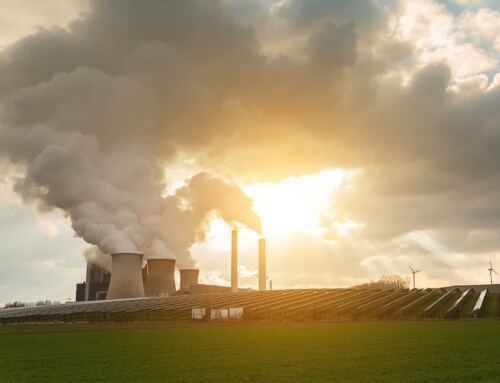



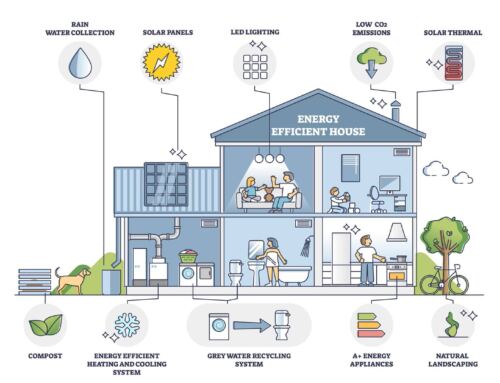

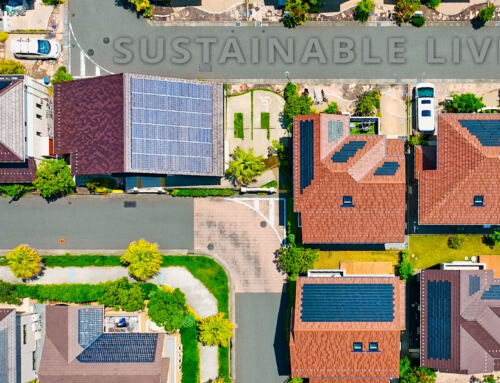




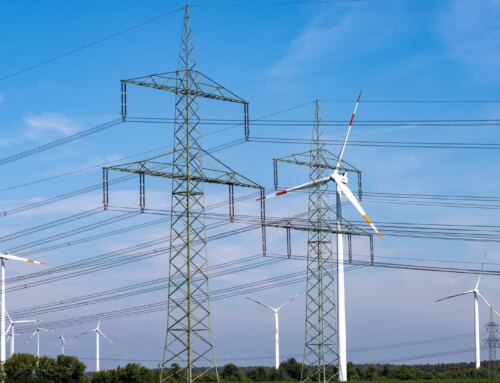




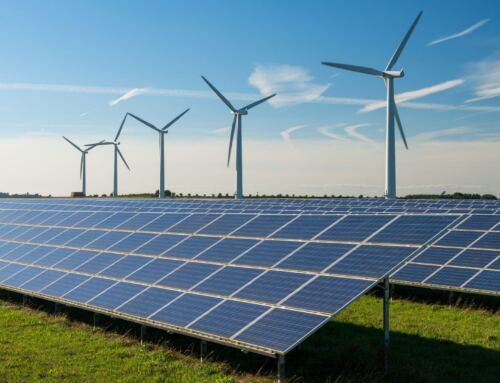



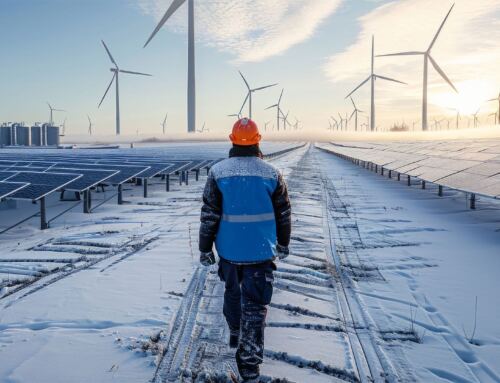


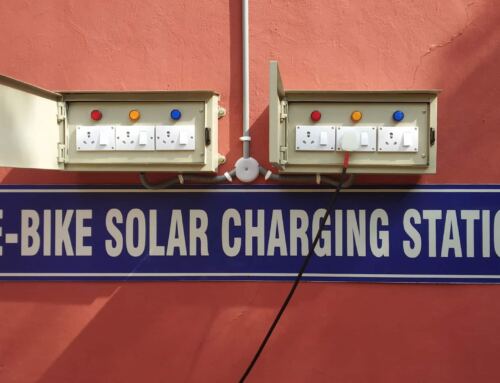

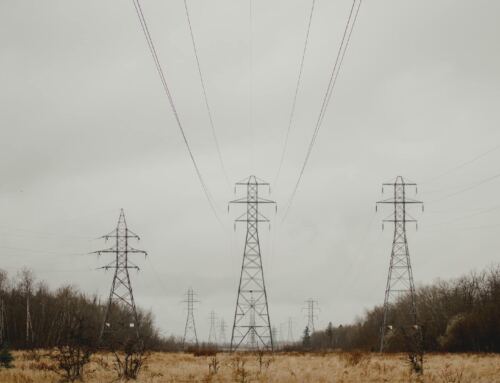
Leave A Comment